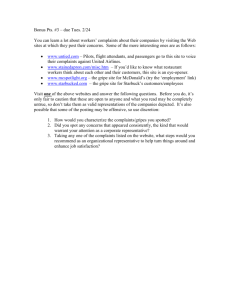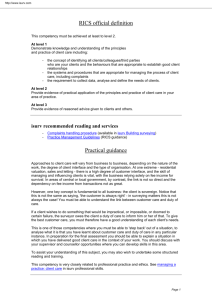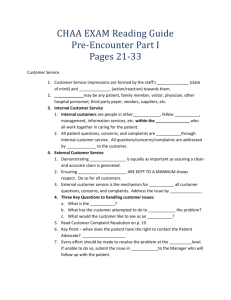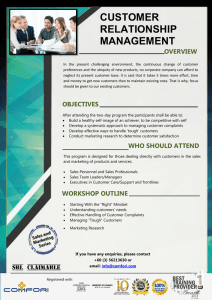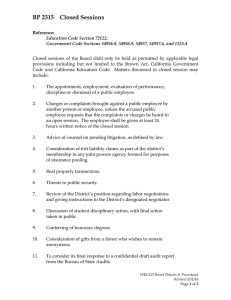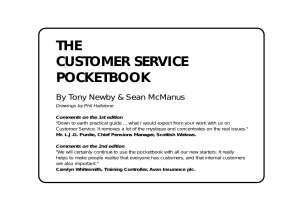– Customer service LO5
advertisement
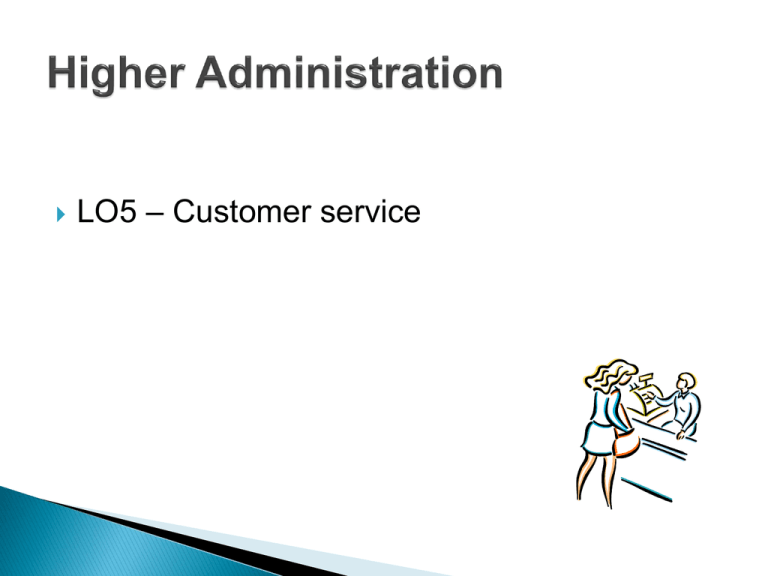
LO5 – Customer service Customer service policies Role of the administrative assistant Communication Benefits of effective customer service Effects of poor customer service By the end of this lesson you should be able to: Identify policies which exist to help ensure customer loyalty. Apply research skills to customer service in the business world. Identify methods of gaining information from customers. Demonstrate understanding by answering exam question. Mission statement An outline of the organisation’s main aims and focus – what does the organisation stand for? Customer service strategy Written statement of principles relating to organisational customer service. Covers: the statement to the customer – what level of service can they expect? standards that can be expected loyalty schemes formal complaints procedure - organisational and customer. Loyalty schemes Reward customers for loyalty, eg points can be gained by spending in store and exchanged for goods. Complaints procedure Guide for customers and the organisation. Covers: market research – customer focus groups – customer satisfaction surveys mystery customer quality management systems (total quality management. Face-to-face meetings where customer gives feedback. Provides feedback on products and service. Organisation can adapt products based on feedback. Used for feedback on product on service. Example: restaurants on level of service, choice of menu. Allows the organisation to build on strengths and address weaknesses. People employed to act as public in stores, restaurants, hairdressers. Allows organisation to gather information on levels of service. Can report on areas such as how complaints were handled and whether staff follow procedures. Allows the organisation to notify customers of how to make a complaint. Allows employees to identify the correct way of dealing with complaints. Ensures complaints are dealt with efficiently and in a consistent manner. 1. 2. 3. 4. 5. 6. Have a procedure in place. Make sure staff and customers know the procedure. Record all complaints. Train staff in dealing with complaints. Track the process. Deal with complaints quickly and maintain communication. 8. 9. Let the customer know progress. Establish timelines to deal with complaints – let the customer know of any deviation. 10. Communicate results quickly. 11. Review complaints to identify patterns.
